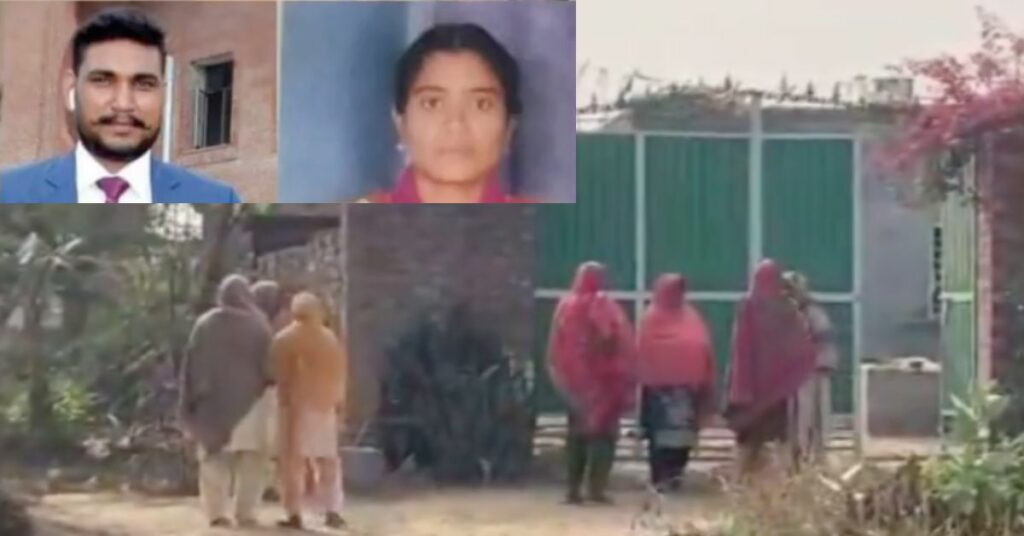In the quiet village of Tungwali, Bathinda, a chilling incident has sent shockwaves throughout the region. A brother, in what appears to be an act of ‘honor killing’, brutally murdered his sister and her husband. The couple, who had been married for four years through a court marriage, lived separately due to societal pressures and family disapproval.
The husband, a constable in the Punjab Police, reportedly visited his wife while under the influence of alcohol. This visit turned fatal when the brother, upon discovering the meeting, attacked the husband with an axe. In a desperate attempt to save her husband, the sister intervened but tragically met the same fate.
Honor Killing in Bathinda’s Village Tungwali: A brother killed his sister and her husband, who had a court marriage four years ago but were living separately. The boy was a constable in Punjab Police. Neighbors reported that when the guy came to meet the girl yesterday, he was… pic.twitter.com/QCfe1D4cGm
— Gagandeep Singh (@Gagan4344) December 4, 2023
This heinous act highlights the persistent issue of honor killings in India, where familial honor is often valued over individual happiness and life. Such killings, although illegal, continue to occur, particularly in rural areas where traditional beliefs are deeply entrenched.
The police have arrested the accused, and an investigation is underway. However, this incident raises crucial questions about societal norms, the rule of law, and the protection of individual rights in India.
Honor killings are a stark reminder of the clash between modernity and tradition. Despite legal protections and societal progress, many still resort to violence to uphold perceived family honor. This incident, among others, calls for a more profound understanding and urgent action to protect vulnerable individuals and uphold their rights to live and love freely.
Read more articles
- Jagtar Singh Tara Granted Special Parole: Attends Niece’s Wedding Amidst Life Sentence for Beant Singh’s Assassination
- Punjab’s Kapurthala Teacher Hits Student, Throws Him on Car Bonnet, Parades Him 10 Km—viral Video Reveals Chilling Details
The tragedy of Tungwali is not just about the loss of two lives; it’s a reflection of the societal challenges that India faces as it navigates the complex path of preserving cultural heritage while embracing modern values of individual freedom and human rights. It is a wake-up call for all stakeholders, including legal authorities, social activists, and community leaders, to join forces in eradicating such brutal practices and ensuring justice and safety for all.

